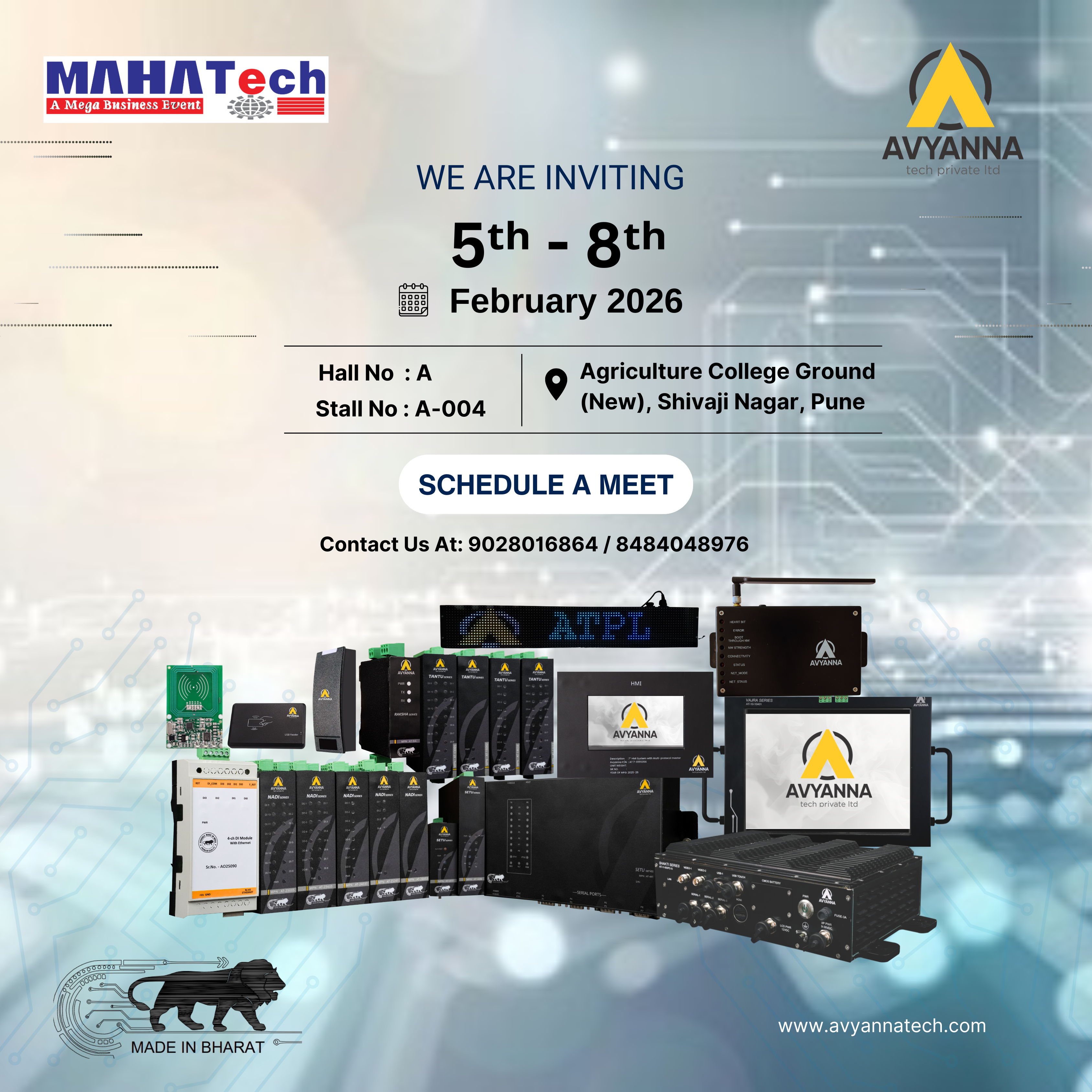In today’s world, industries are becoming smarter and more connected than ever. Whether it’s a manufacturing plant, power station, or warehouse, every system relies on smooth communication between machines and control units. At the heart of this seamless interaction are two important components: data converters and I/O (Input/Output) modules.
So, what are they, and why do they matter so much in modern industrial setups? Let’s break it down in simple terms.
What Are Data Converters?
Data converters act like translators for machines. In any industrial environment, devices and sensors may generate different types of signals, some are analog (continuous) and some are digital (on/off or numerical). A data converter helps convert one type of signal to another, such as analog to digital (A/D) or digital to analog (D/A), so the system can read and respond to it correctly.
For example, a temperature sensor might send analog signals, but your control system understands only digital data. A data converter translates that temperature signal into a digital format that the system can use for decision-making or automation.
What Are I/O Modules?
I/O modules are like the messengers of a system. They connect all the devices, such as sensors, motors, switches, and control panels to the central control unit (like a PLC or SCADA system). The “Input” part receives data from external devices (e.g., a sensor sending pressure readings), while the “Output” part sends commands to other devices (e.g., turning on a cooling fan).
In short, I/O modules make it possible for your machines to receive instructions and share real-time information. This is essential for any smart or automated process.
Why Are They Important?
In modern industrial systems, everything depends on speed, accuracy, and efficiency. Here’s how data converters and I/O modules play an important role:
- Communication Between Systems: Machines from different manufacturers may not naturally communicate with each other. Data converters bridge that gap, ensuring compatibility.
- Real-Time Monitoring: I/O modules constantly send and receive data, helping businesses monitor conditions like temperature, pressure, speed, and more.
- Automation: With accurate input and output data, systems can automatically adjust processes without human intervention, saving time and reducing errors.
- Remote Control and Diagnostics: I/O modules enable remote access to machines, allowing engineers to monitor or fix issues from a distance.
Real-World Examples
Let’s say a food processing plant needs to maintain a certain temperature during packaging. Temperature sensors provide analog signals. A data converter changes those signals to digital so the PLC can read them. The PLC then tells a cooling unit (through an I/O module) when to turn on or off based on real-time temperature changes. This keeps the food safe and reduces waste, all without manual input.
In another example, a factory floor may use I/O modules to control conveyor belts, warning lights, and robotic arms. Everything works in harmony, thanks to these devices.
Why Choose Custom Hardware Solutions?
Off-the-shelf components might not always meet your specific industrial needs. That’s why many businesses turn to companies like Avyanna Tech, which specialize in customized automation and communication hardware. With tailor-made data converters and I/O modules, industries can ensure better performance, reliability, and seamless integration.
Conclusion
As industries continue to evolve, the need for smart, connected systems will only grow. Data converters and I/O modules might seem like small components, but they play a massive role in enabling automation, improving efficiency, and ensuring smooth communication between machines.
If your business relies on industrial automation, understanding these tools and choosing the right ones could make all the difference in your operation’s success.



[email protected]